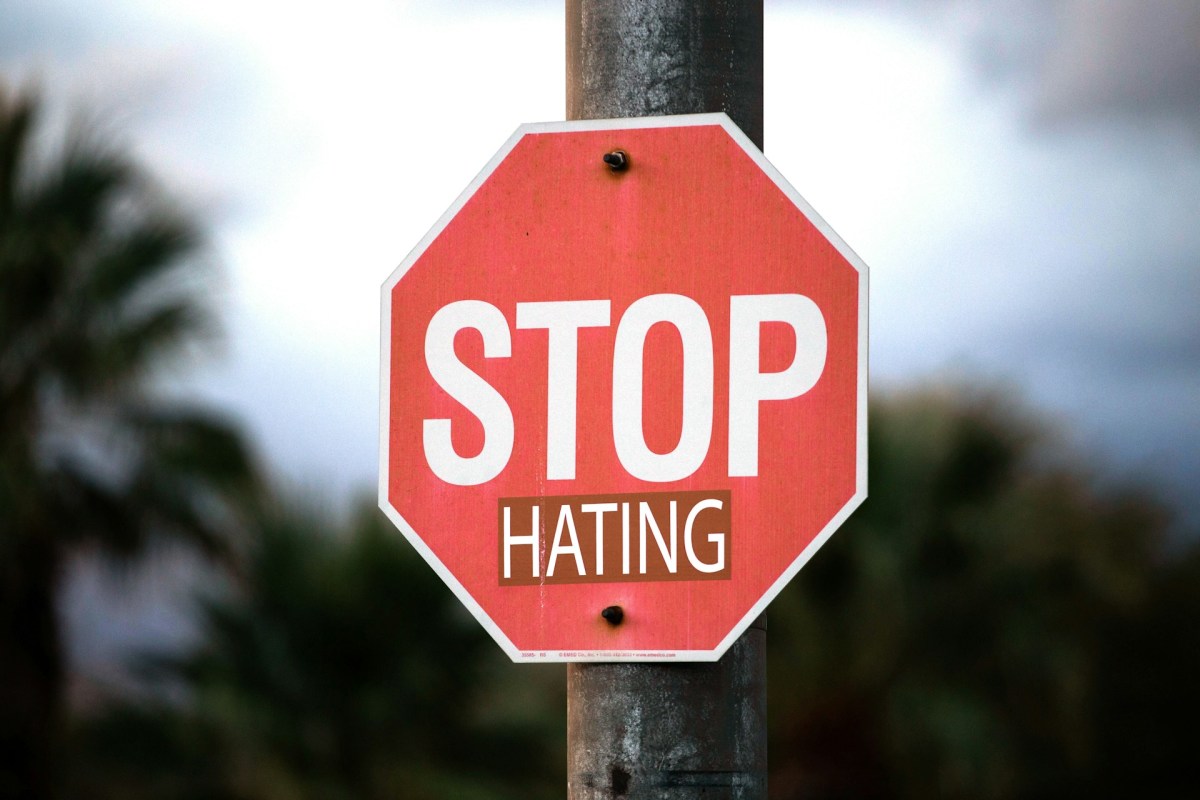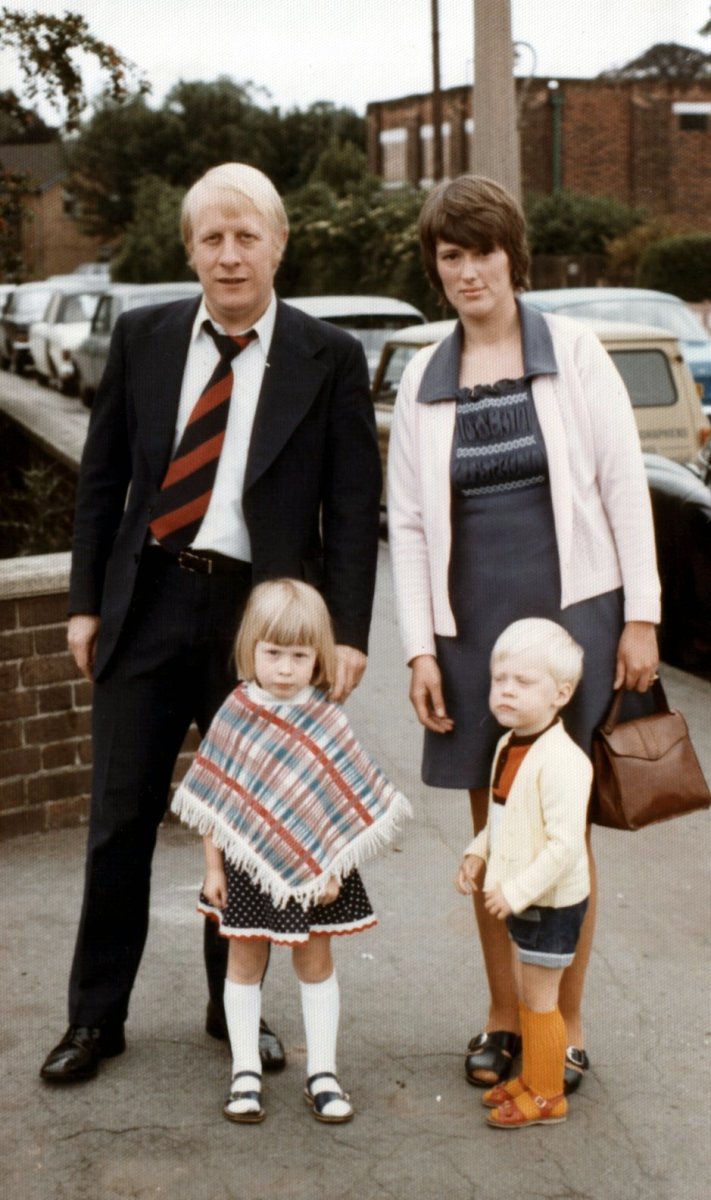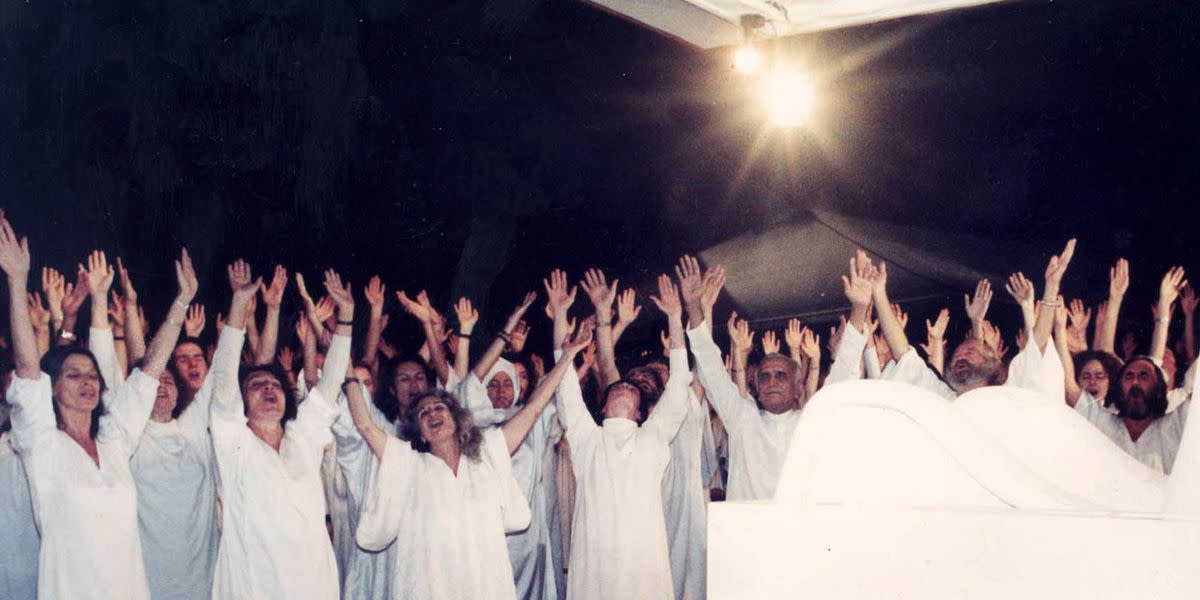Hate Something
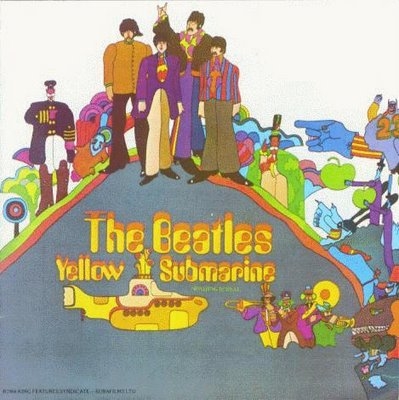
For PGrundy
There was an advert on the TV a few years back. Visually it looked like an animated pastiche of one of those 60's psychedelic posters, with rainbows and flowers and bright, colourful birds dancing about beneath candy-coloured clouds. Except that in place of the word "Love" (which is what the sixties poster would have said) it had the word "Hate".
It was clearly making a reference to scenes from the Beatles animated movie, Yellow Submarine.
It was an advert for diesel engines.
Accompanying it is a song, which I've just looked it up on the internet. It's called The Grrr Song and was by a band called Be Nice to the Pigeons.
For some reason I always used to think that the words were sung by PJ O'Rourke. This is probably because he has a similar voice, and this particular advert definitely bore some of the hallmarks of his style.
As it happens it was by written by Wieden and Kennedy and was sung by Garrison Keillor.
The words are:
"You hate something, you change something; hate something, change something, make something better."
It's one of those irritatingly catchy tunes that once you heard it you can't get rid of it.
Plagued
You will probably have heard it. It‘s probably going round in your head right now. In fact I'm going to make sure it is by putting the song up on this hub I insist that you play it while you are reading this hub, that way you will be plagued by it for the next few hours just as I was. Here it is, just to the right.
PJ O'Rourke, by the way, was a sixties radical who, for the sheer hell of it - for rumbustious amusement, and for the sake of his income, perhaps - reversed all of his sixties radical opinions one day and started saying the opposite. He's virtually made a living ever since out of taking every sixties cliché and turning it upside down, just to see what happens to it.
This is why I thought he might have been responsible for the advert: 21st century "Hate" instead of 60s "Love".
The point is that whoever wrote the song has a point.
I'm not talking about diesel engines now. Personally I couldn't care less whether diesel engines rattle or not. But the idea that sometimes it is entirely appropriate to hate, that I agree with. In fact I would go even further. I would say that hate was itself a form of love: not its opposite, but its compliment.
Think about it.
The simplest, purest love that I know is the love I have for my child. If anyone hurt my child I would hate them. It's as simple as that. No questions. No qualifications. No ifs or ands or buts. My hatred would be fierce and consuming, like a flame, and though I could probably rationalise my way out of it long enough to check the facts before I stamped upon anyone's head, I would still want to hurt the person who hurt my child.
This is hatred all right: hatred born of love.
Here is another example. A few years back I gave up smoking. In fact it was waking up in the morning with that tune in my head that helped me to pack up. It was nicotine I was thinking about when I sang those words to myself: "You hate something, you change something, hate something, change something, make something better."
I hate nicotine. I hate the grip it had had over my body and my mind for over thirty years. I hated the feeling of being a slave to its addiction. Hating this poison is clearly a form of health. By hating nicotine I was learning to love myself.
So hatred is a good thing then.
"All you need is love," as John Lennon sang.
Well yes. But sometimes you need a little hatred too.
Flow
Well all this got me thinking. Maybe there's a few other sixties clichés that could do with the PJ O'Rourke makeover. How about this for one for a start: "Go with the flow"?
You'll remember the phrase. I'm not exactly sure what it meant. Something to do with the psychedelic experience, I think.
However, some people of my generation took this to extremes. They developed a philosophy of life around it.. They wafted about in a state of permanent flowingness, all airy-fairy lightness and whispering indulgence. They said things like: "step lightly upon the Earth," and "arms are for hugging." They went with the flow of everything. Often they wore flowing robes. They spent most of their time trying to discern which way the flow was going in order to go with it. They couldn't go anywhere till they knew which way the flow was going first.
It's a very self-satisfied phrase.
It was the teenage daughter of a friend of mine who put that one into perspective for me.
Some self-righteous hippie had been preaching his cod-philosophy at her. He told her to go with the flow. Maybe she was feeling a little put-upon. Maybe she just didn't like his tone. "The only thing that goes with the flow," she said, "is a dead fish!"
It has to be the quote of the millennium!
She's perfectly right, of course. Live fish don't go with the flow. Sometimes they go against the flow. Sometimes they go against the flow on purpose, just for the sake of it. Sometimes a fish will go against the flow in order to test its muscles, to chase another fish, to eat, or even just to have fun. A salmon will fight it's way upstream to find its spawning grounds, up waterfalls, against rapids, leaping rocks and whirlpools and all kinds of barriers, in direct opposition to the flow.
Go with the flow? It depends on where the flow is taking you of course. Right now, the flow of history seems to be taking us deeper and deeper into a world of crazy consumerism.
We went with the flow and got out-of-town supermarkets and shopping malls. We went with the flow and got fast-food restaurants and motorway service stations. We went with the flow and got by-passes and pollution, Celebrity Big Brother, Judge Judy and the National Lottery. We went with the flow and got the war in Iraq.
So, no, don't go with the flow. Be a live fish, not a dead fish. Test your muscles, find your spawning grounds, fight the tide, jump the rapids, and, for the sheer hell of it - for rumbustious amusement and to get on everyone's nerves - go against the flow for a change.
You know it makes sense!
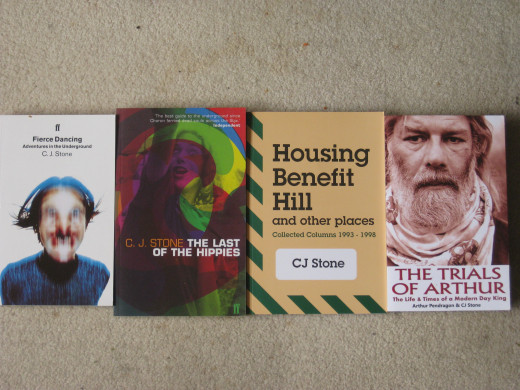
- The Opposite of Love | www.splicetoday.com
The consequences of war
© 2008 Christopher James Stone


